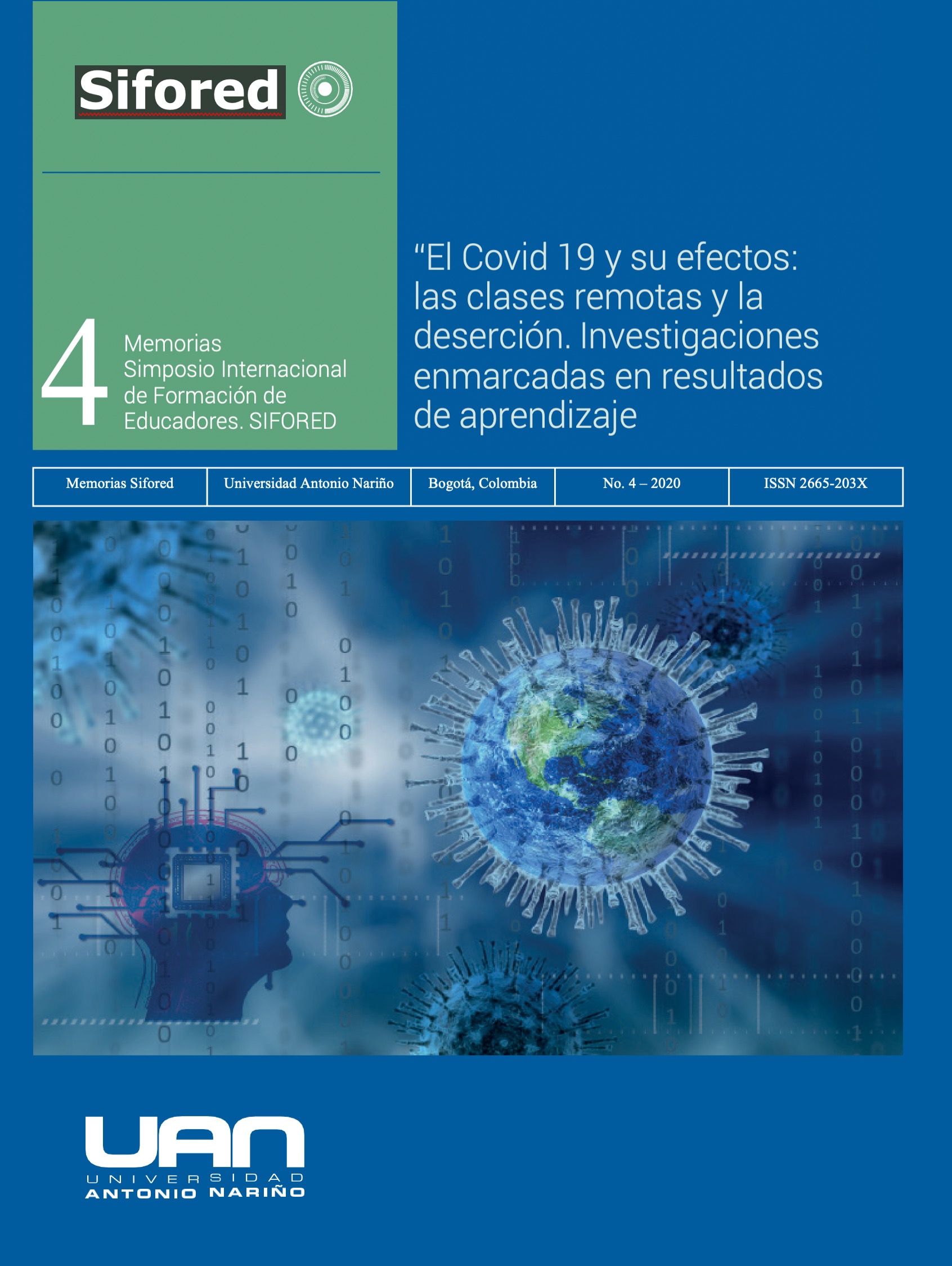Aprendizaje en tiempos de la pandemia covid-19, un caso de dislexia del desarrollo
Palabras clave:
Innovaciones educativas con el uso de las Tics, dislexia del desarrollo, procesamiento fonológico, dificultades de lectura, habilidades lingüisticasResumen
La dislexia del desarrollo es un trastorno del aprendizaje específico que dificulta la lectura, e implica déficits en el procesamiento fonológico, así como dificultades y un procesamiento lento en otras habilidades lingüísticas (Wagner, R & Torgesen, J, 1987). Un niño con dislexia tiene problemas para leer, deletrear y escribir, también puede contener dificultades con las matemáticas y las habilidades sociales, aunque es importante resaltar que la dislexia no se relaciona con la inteligencia (ASHA).
La contingencia provocada por la pandemia del COVID-19 impulsó los procesos de telemedicina y teleeducación para ofrecer sus servicios haciendo uso de las tecnologías de información y comunicación (Tics), alternativa de la cual hicimos uso para intervenir el caso de una niña de 8 años con dislexia del desarrollo, trastorno que le ha impedido en dos ocasiones avanzar de grado escolar.
Se realizaron encuentros sincrónicos y asincrónicos dos veces a la semana por medio de la plataforma “meet” durante tres meses, donde se realizaron un total de 22 sesiones empleando un enfoque centrado en el paciente y la familia, con objetivos dirigidos a la niña y al entrenamiento de los padres y red de apoyo. Al finalizar la intervención se evidenciaron avances significativos en el proceso de adquisición que le permitieron a la niña avanzar desde una lectura torpe del alfabeto a una lectura de oraciones complejas.
Descargas
Citas
Álvarez, C. D. L. P., & Brotóns, E. B. (2018). Dislexia y discalculia: una revisión sistemática actual desde la neurogenética. Universitas Psychologica, 17(3).
Anjos, A. B. L. D., Barbosa, A. L. D. A., & Azoni, C. A. S. (2019). Phonological processing in students with developmental dyslexia, ADHD and intellectual disability. Revista CEFAC, 21(5).
Cidrim, L., & Madeiro, F. (2017). Tecnologias da Informação e da Comunicação (TIC) aplicadas à dislexia: revisão de literatura. Revista CEFAC, 19(1), 99-108.
Galaburda, A. M., & Cestnick, L. (2003). Dislexia del desarrollo. Revista de neurología, 36(1), 3-9.
Gómez Zapata, E., Defior, S., & Serrano, F. (2011). Mejorar la fluidez lectora en dislexia: diseño de un programa de intervención en español. Escritos de Psicología (Internet), 4(2), 65-73.
MEDINA, G. B. K., & GUIMARÃES, S. R. K. (2019). Leitura de Estudantes com Dislexia do Desenvolvimento: Impactos de uma Intervenção com Método Fônico Associado à Estimulação de Funções Executivas. Rev. bras. educ. espec, 155-174.
Wagner RK, Torgesen JK. La naturaleza del procesamiento fonológico y su papel causal en la adquisición de habilidades de lectura. Psychol Bull. 1987; 101 (2): 192-212.
Descargas
Publicado
-
Resumen1074
-
PDF648
Cómo citar
Número
Sección
Licencia

Esta obra está bajo una licencia internacional Creative Commons Atribución-NoComercial-CompartirIgual 4.0.


 Portal de Ciencia Abierta
Portal de Ciencia Abierta